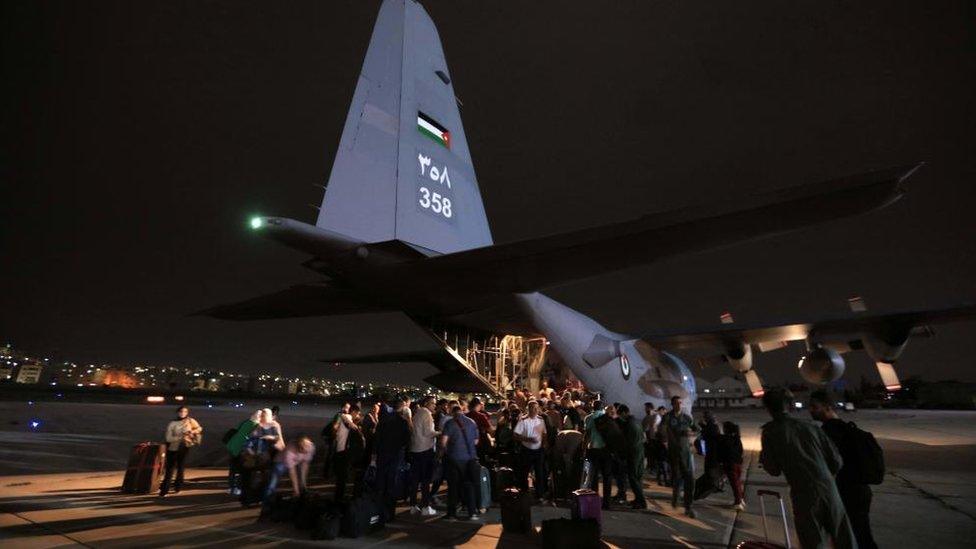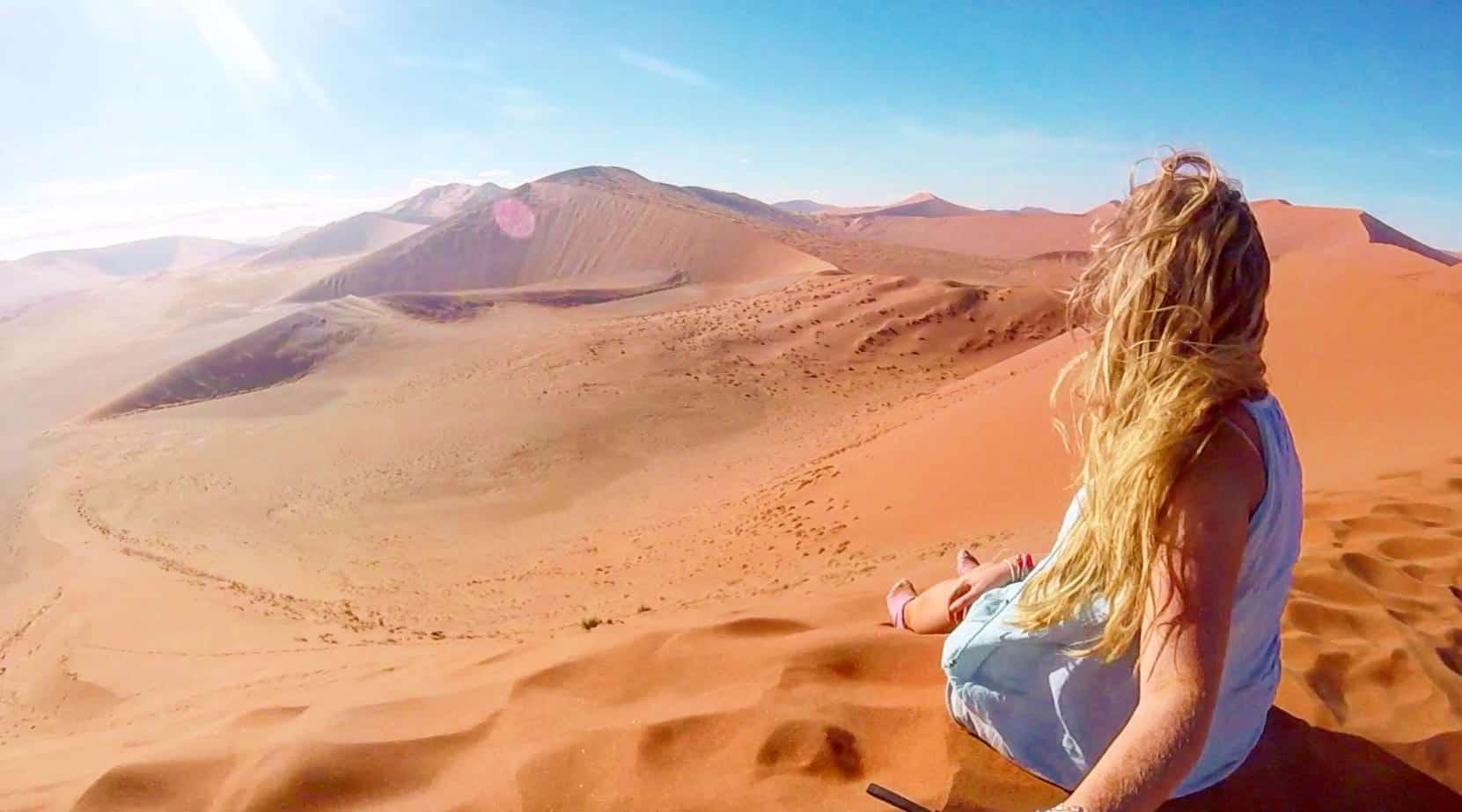
Traveling from Newcastle, Leeds Bradford, Edinburgh, or Teesside to Juba, South Sudan requires careful planning—but it’s highly rewarding with the right preparation. This guide will walk you through logistics, culture, safety, and unforgettable experiences.
1. Flight Routes & Booking Tips
-
From Newcastle, Leeds Bradford, or Edinburgh: you’ll connect through hubs like Istanbul (Turkish Airlines) or Addis Ababa (Ethiopian Airlines) before landing in Juba (JUB).
-
From Teesside, plan for an initial short domestic flight to a major UK airport (e.g., London), then onward via one of the African or Turkish hubs.
-
Alternate connections include Brussels and Frankfurt, but Turkish and Ethiopian are most reliable.
-
Expect return fares between £800–£1,200, depending on booking season and layovers.
-
Visa-on-arrival is not available—you must obtain your visa in advance once your invitation letter is approved.
2. Visa, Invitation & Health Essentials
You must apply for a South Sudan e‑Visa via the official portal, with the following requirements:
-
A formal invitation letter from a registered host in South Sudan (e.g., a local NGO like Abukloi.org).
-
An immigration-issued entry permit tied to that invitation.
-
Supporting documents: your passport photo, yellow fever vaccination certificate, return flight details, proof of accommodation or host address, and bank statements or funding proof.
This mirrors my own experience, where Abukloi.org handled all aspects — from the school‑based invitation to the visa application, ensuring a smooth process.
3. Money Matters: Exchange & Budgeting
-
South Sudan uses the South Sudanese Pound (SSP).
-
As of mid‑2025, exchange rates hover around though the official and black-market rates may differ.
-
Daily budget in Lakes State (Rumbek) (~£30‑15) for local transport, meals, and guesthouse stays.
-
In Juba, costs rise—room rates average around 25o,000 SSP per night (~£30‑40) for mid-range lodging.
4. Safety: Official Warnings vs. Real Experiences
🧾 Government Advisories (March–July 2025)
-
The UK’s Foreign, Commonwealth & Development Office (FCDO) advises against all travel to South Sudan, citing risks from armed conflict, high crime, and unstable borders. British citizens in‑country are urged to leave immediately.
Take your BackpackTrip.com+6Reddit+6Take your Backpack+6AP NewsReuters+5GOV.UK+5The Sun+5 -
The U.S. State Department classifies South Sudan as Level 4: Do Not Travel, reinforcing the urgency of withdrawal and warning.
Time Out Worldwide+4Travel.gov+4Travel.gov+4 -
The UN arms embargo extended through May 31, 2026, reflects international concern about escalating political and ethnic tensions.
AP News
👁️ On‑the‑Ground Insights
-
In rural hubs like Rumbek, life is peaceful—especially in communities connected to NGO projects.
-
Juba, however, remains tense: petty theft, armed checkpoints, and security operations are common.
-
Road travel—especially between Juba and Rumbek—can be hazardous due to poor conditions, ambush risk, and landmines.
Travel SudanTime Out Worldwide
Despite risks, well-prepared and respectful visitors who follow safety precautions often have rewarding experiences.
5. Cultural Etiquette: British Visitors in South Sudan
South Sudanese hospitality is genuine—especially when visitors show respect:
-
Modest clothing is expected: avoid shorts and sleeveless attire, particularly in rural communities.
-
Always ask permission before photographing or filming locals. Some areas require explicit permits (especially for government or public buildings).
Take your Backpack+1Business Insider+1 -
Nationality usually isn’t a barrier. I found that behaving politely and showing cultural humility goes much further than background or passport.
6. Discovery Zone: Lakes State & Rumbek
Why Rumbek Deserves a Visit
-
Located about 377 km northwest of Juba, Rumbek is Lakes State’s capital and was briefly the seat of the autonomous government pre‑2011 independence.
Reddit+4Travel Sudan+4TripHobo+4 -
It remains culturally significant as the Dinka homeland and hosts universities and mission communities.
Take your Backpack
Things to Experience in Rumbek
-
Rumbek Cultural Festival: Held annually (usually April–May), featuring traditional dances, tribal parades, story‑telling, artisan stalls, and communal feasts.
Trip.com+5Take your Backpack+5Take your Backpack+5 -
Local Markets & Cattle Camps: Vibrant scenes where Dinka communities trade cattle, textiles, and crafts.
-
Holy Family Cathedral: A small but historic mission church dating back to the mid‑20th century.
Bradt GuidesTravel Sudan -
Lake Liyu & Surrounding Wetlands: Quiet lakeside walks, paddling, birdwatching and tea stops with locals.
Trip.comTake your Backpack -
Cultural Immersion with Educators: Spending time at the Abukloi school—sharing tea, listening to singing, observing life in Dinka cattle camps.
7. Juba & the White Nile: Where Urban Meets River
-
Morning and evening walks along the White Nile offer visual treats: fishermen casting nets, local kids at play, boats drifting in golden light.
-
Boat rides or river taxis can connect to remote villages or parks.
-
Art & nightlife: Galleries spotlight refugee and national artists. Rooftop bars (e.g., Da Vinci Hotel) offer views, live music, and expat mingling.
8. Wildlife Safaris: Boma, Bandingilo & the Great Migration
-
The Boma–Bandingilo ecosystem hosts one of the world’s largest mammal migrations—millions of antelopes cross annually, often compared to the Serengeti.
RedditBradt Guides+1Take your Backpack+1 -
Safaris can be arranged from Juba via trusted local operators. Expect sightings of white‑eared kob, gazelles, elephants, and migratory birds.
-
These regions demand careful planning due to security constraints, limited infrastructure, and seasonal travel windows.
-
9. Illustrated Two‑Week Itinerary
| Day | Location | Experiences |
|---|---|---|
| 1–2 | Juba | Arrive from Istanbul/Addis; stroll the Nile; obtain local SIM and permits; establish contacts. |
| 3–6 | Rumbek | Via invited NGO; visits to Abukloi school, markets, cathedral, cattle camps; local tea and conversations. |
| 7 | Transit Day | Return to Juba; arrange safari logistics; rest and reflect. |
| 8–11 | Safari Region | 4×4 convoy to Boma or Bandingilo; migration sightings; lodge or camp experiences. |
| 12 | Juba | Market shopping, gallery visits, nightlife by the Nile. |
| 13–14 | Wrap‑Up & Departure | Souvenirs, final community interactions, flight home via Addis or Istanbul. |
10. Practical Safety & Travel Advice
-
Always travel in daylight, avoid night movement.
-
For rural transit, use two-vehicle convoys if possible.
-
Ensure emergency evacuation coverage, especially to Nairobi or Kampala.
-
Keep duplicate documents and register with your embassy.
-
Acquire permits for filming & photography in advance.
-
Pack essentials: bottled water, ORS, anti‑malarials, insect repellant.
-
Avoid protests and large gatherings; respect local customs and privacy.
Bradt Guides
11. Why This Journey Matters
-
Human connections: time spent in schools and communities in Lakes State leaves lasting memories.
-
Rich cultural immersion: dance, storytelling, tribal rituals and everyday hospitality offer genuine insights.
-
Incredible wildlife: witnessing the mass animal migration is a rare reward.
-
Supportive travel: visits help NGOs and local communities thrive, beyond conventional tourism.
Responsible Travel Tips
-
Remember: FCDO advises against travel to South Sudan as of April–July 2025—insurance may be invalidated and consular support is minimal.
Tripadvisor+7Take your Backpack+7TripHobo+7Bradt GuidesTake your Backpack+5GOV.UK+5The Sun+5Reddit+1Trip.com+1 -
Travel only if you’re fully prepared with support networks like Abukloi.org—they can handle logistics, permits, and safe routes.
-
Prioritize cultural humility, local insight, and meaningful engagement over tourism spectacle. Many villagers appreciate genuine connection more than flash.
-
Finally, ensure your insurance explicitly covers travel to high-risk zones—many standard policies exclude such destinations.






